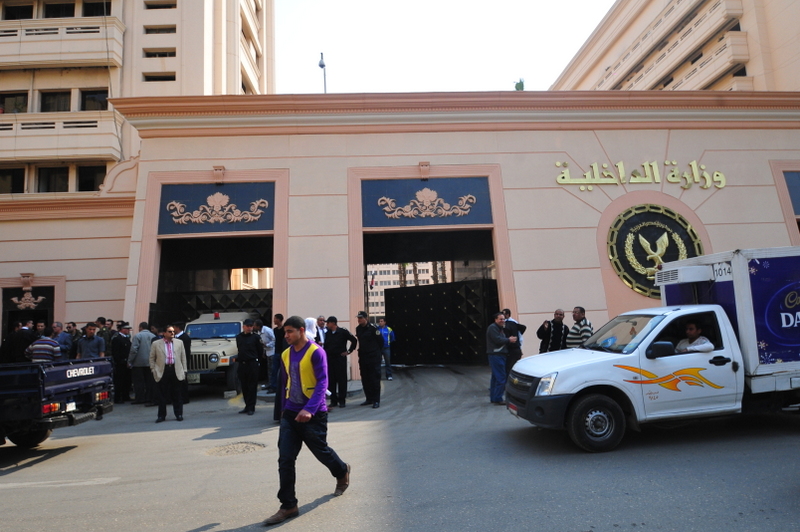As the second and final day of the first phase Egypt’s parliamentary elections concluded, turnout did not witness any dramatic change from the previous day, and was described in most reports as “slightly rising from low to average or medium”.
The Egyptian government gave public sector employees half a day off to push participation, but the desired outcome was not reached. Most polling stations across Egypt reported a turnout varying from 10% to a maximum of 20%.
The age group mostly engaged in elections was once more the senior citizens, and women showed higher turnout, although in a polling station in Omraneya, judges said more men participated on the second day. In that district, a high level of illiteracy among voters was observed, as well as incidents of voters being directed by candidate supporters.
Moreover, some violations were reported by Journalists Against Torture concerning reporters covering the elections. As for Daily News Egypt reporters in Omraneya, military forces did not welcome cameras and demanded to check taken pictures. Even though judges presiding over polling stations have a final say in allowing or banning reporters, they took permission from security first.
In Beheira, a judge in a polling station in Kafr El-Dawar suspended one of his employees after discovering he was related to one of the candidates running in the same constituency, state-run MENA reported.
In Qena, a judge filed a report against Amal Abdel Rassoul, a candidate for the Misr Baladi party, accusing her of insulting him. The candidate claimed to be facing an issue with her logo, which is the helicopter, because another candidate in her constituency had a plane, which made it confusing for voters.
Finally, in a school in Omraneya, a retired army officer complained that polling stations did not accept military IDs, despite claiming that he was using his card everywhere else, including banks. “If the Supreme Electoral Commission (SEC) wanted people to vote they should have made things easier. I had to go home to get my national ID,” he said.


